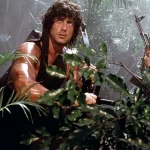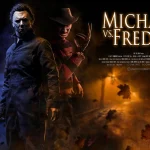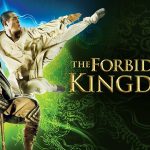The Bear King (2025) – The Last Roar of the Wild
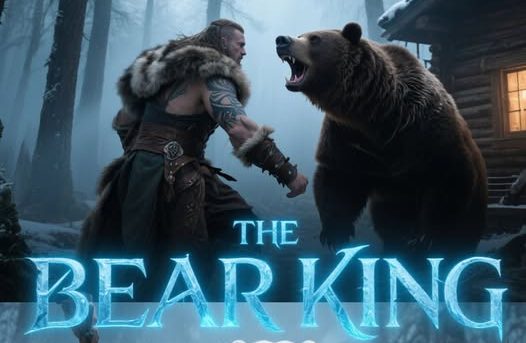
Some kings are crowned with gold. Others are crowned with scars. The Bear King (2025) is a primal, brutal, and deeply emotional epic that blends survival drama with myth, asking what it truly means to rule when the throne is the wilderness itself.
The story begins in the frozen north, where a lone warrior survives an ambush only to stumble into the domain of a massive grizzly—the beast locals whisper about as a spirit, protector, and executioner. Their fates intertwine when the warrior, near death, chooses not to kill the creature but to follow it. What begins as survival soon evolves into legend, as man and beast forge an uneasy bond in a land ruled by claws, blood, and snow.
At its core, The Bear King is about duality. The human king-in-exile seeks redemption, haunted by the lives he failed to protect. The bear, scarred and ancient, embodies nature’s brutal law: strength without mercy. Together, they become mirrors of one another—symbols of two kingdoms on the brink of extinction.
The action is savage and unflinching. Battles unfold not just against rival clans who hunt the warrior, but against the merciless cold, starvation, and the primal violence of the wild. The bear itself becomes both weapon and ally, turning forests into traps and rivers into battlegrounds. The film spares no brutality, making each struggle feel raw, desperate, and real.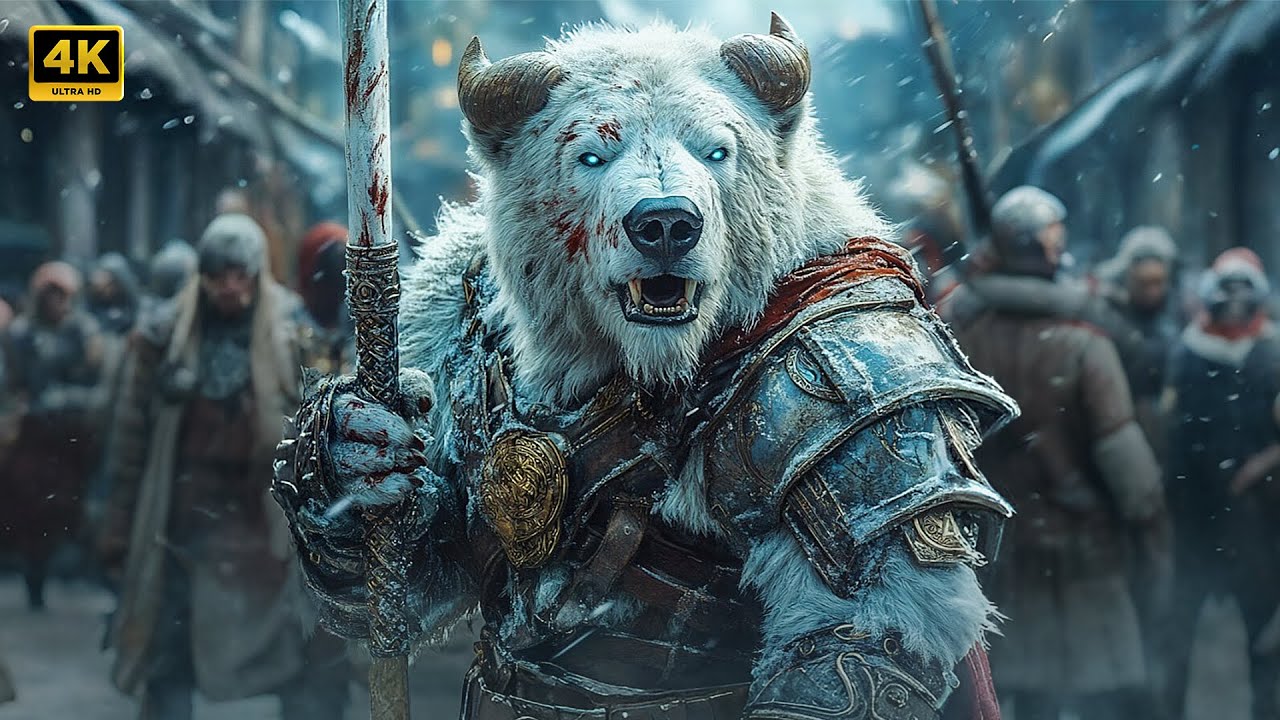
Visually, The Bear King (2025) is breathtaking. Snow-drenched peaks, endless pine forests, and crimson sunsets create a canvas of beauty and dread. The camera lingers on the bear’s eyes—intelligent, haunting, untamed—making it as much a character as any human. The wilderness itself feels alive, majestic and merciless.
The score pulses with tribal drums, mournful strings, and haunting chants, echoing both the ferocity of battle and the quiet reverence of myth. It makes the film feel timeless, as though the story could have been told by firelight a thousand years ago.
Supporting characters sharpen the stakes: rival warlords who see the bear as a trophy to prove their dominance, a child who believes the beast is a god, and outcasts who rally behind the warrior, creating a fragile kingdom born not of walls, but of survival.
Thematically, The Bear King is about power and respect. Is a king defined by dominion over others, or by harmony with the world he inhabits? Can humanity and nature coexist, or are they destined to destroy each other? The film refuses easy answers, forcing its characters to bleed for every truth.
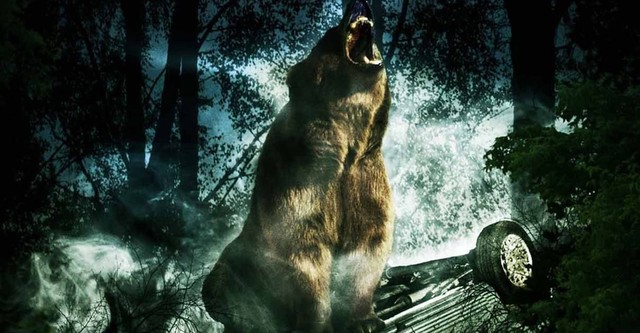
By its finale, the warrior and the bear face their ultimate trial: a battle not just for survival, but for legacy. Blood soaks the snow, alliances fracture, and the line between man and beast blurs until only the roar of a king—whether human or animal—remains.
Ultimately, The Bear King (2025) is an operatic survival epic, savage and poetic in equal measure. It is not just about one man or one beast, but about the eternal struggle between humanity and nature—two kings vying for the same throne. In its silence, fury, and blood, the film crowns a new kind of legend.
Related movies :
Related movies :
Related movies :
Related movies :
Related movies :
Related movies :
Related movies :

